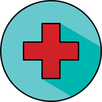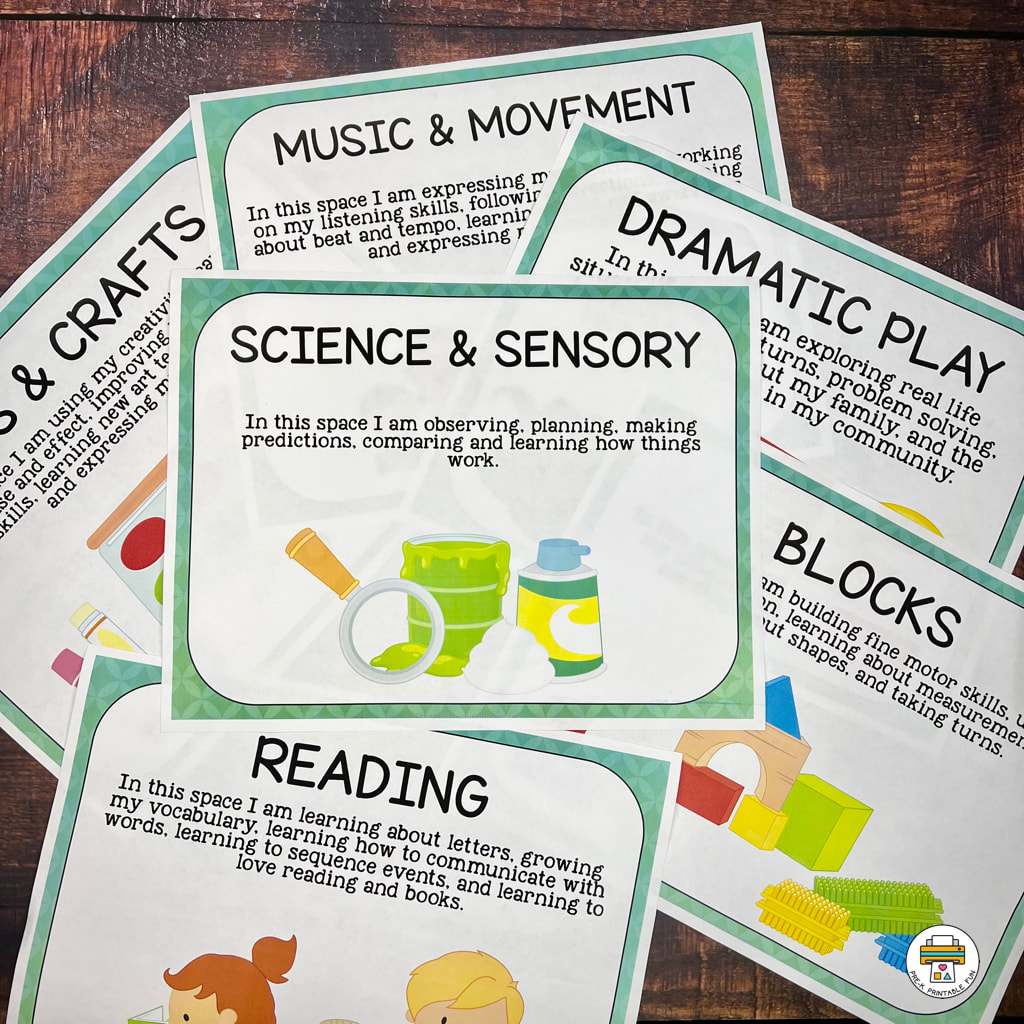Introduction to Preschool Health and Safety
Teaching preschoolers about health and safety is crucial to ensure their physical and emotional well-being. Below you will find some important Preschool Health and Safety topics that can be incorporated into your lessons.
|
Table of Contents
Preschool Health-
Preschool Safety- |
Teaching Preschoolers About Health
Good health practices learned in preschool are crucial in ensuring the well-being of young children. These practices help to prevent the spread of illnesses and promote healthy habits that can last a lifetime.
Below you can find a variety of suggested Health Topics to teach Preschoolers in your program.
Below you can find a variety of suggested Health Topics to teach Preschoolers in your program.
Handwashing is a simple yet effective way to prevent the spread of germs. Preschoolers should be taught to wash their hands regularly, especially before meals and after using the toilet. Teachers can make handwashing fun by singing songs or using colorful posters to remind children to wash their hands.
Dental Health and Teeth Brushing
Healthy eating habits should be promoted in preschool. Children should be encouraged to eat a variety of fruits, vegetables, and whole grains. Teachers can involve children in meal planning and preparation to make healthy eating more fun and engaging.
Physical activity is important for young children's development. Preschoolers should have opportunities to engage in active play throughout the day. Teachers can organize outdoor games, dance parties, and other fun activities that get children moving.
Sleep is essential for young children's health and well-being. Preschoolers should have a regular sleep schedule and a designated nap time during the day. Teachers can create a calm and comfortable environment for nap time, with soft music or storybooks to help children relax.
Personal hygiene practices such as covering coughs and sneezes can help prevent the spread of illnesses. Preschoolers should be taught to use tissues or their sleeves to cover their noses and mouths when coughing or sneezing. Teachers can also encourage children to stay home when they are feeling sick to prevent the spread of illnesses.
Mental Health
Teaching Preschoolers About Safety
Teaching safety to preschoolers is crucial for their overall well-being. As young children, they are naturally curious and eager to explore their surroundings, but they may not yet understand the dangers that exist. Below you can find some important safety topics to teach preschoolers:
Bicycle & Road safety: It is important to teach children about the dangers of roads and how to stay safe when crossing them.
Water safety: Children are naturally drawn to water, but they need to understand the dangers that come with it. Teach them to never swim alone or without adult supervision, and to always wear a life jacket when near water.
Fire safety: Teach children about the dangers of fire and how to react in case of an emergency. Show them how to stop, drop, and roll, and practice a fire escape plan with them.
Stranger danger: It is important to teach children about the dangers of strangers and how to stay safe when approached by someone they don't know. Teach them to never go anywhere with a stranger or accept anything from them
Animal Safety: Teach children to always ask permission before petting an animal, and to never approach or feed wild animals. They should also be taught to never tease or hurt animals.
Playground Safety
Classroom Safety
Vehicle Safety
Teaching preschoolers about health and safety is essential to ensure their well-being. By incorporating fun and interactive activities into the curriculum, preschoolers can learn about hygiene, healthy habits, and safety rules in an engaging way. These activities can help them develop lifelong habits that will benefit them in the years to come
.
Shop for Related Motor Development Resources
Become a member.
Save time and money when you become a Pre-K Printables Club Member. Get unlimited access to Pre-K Printable Fun products in an easy to access member area.
|



